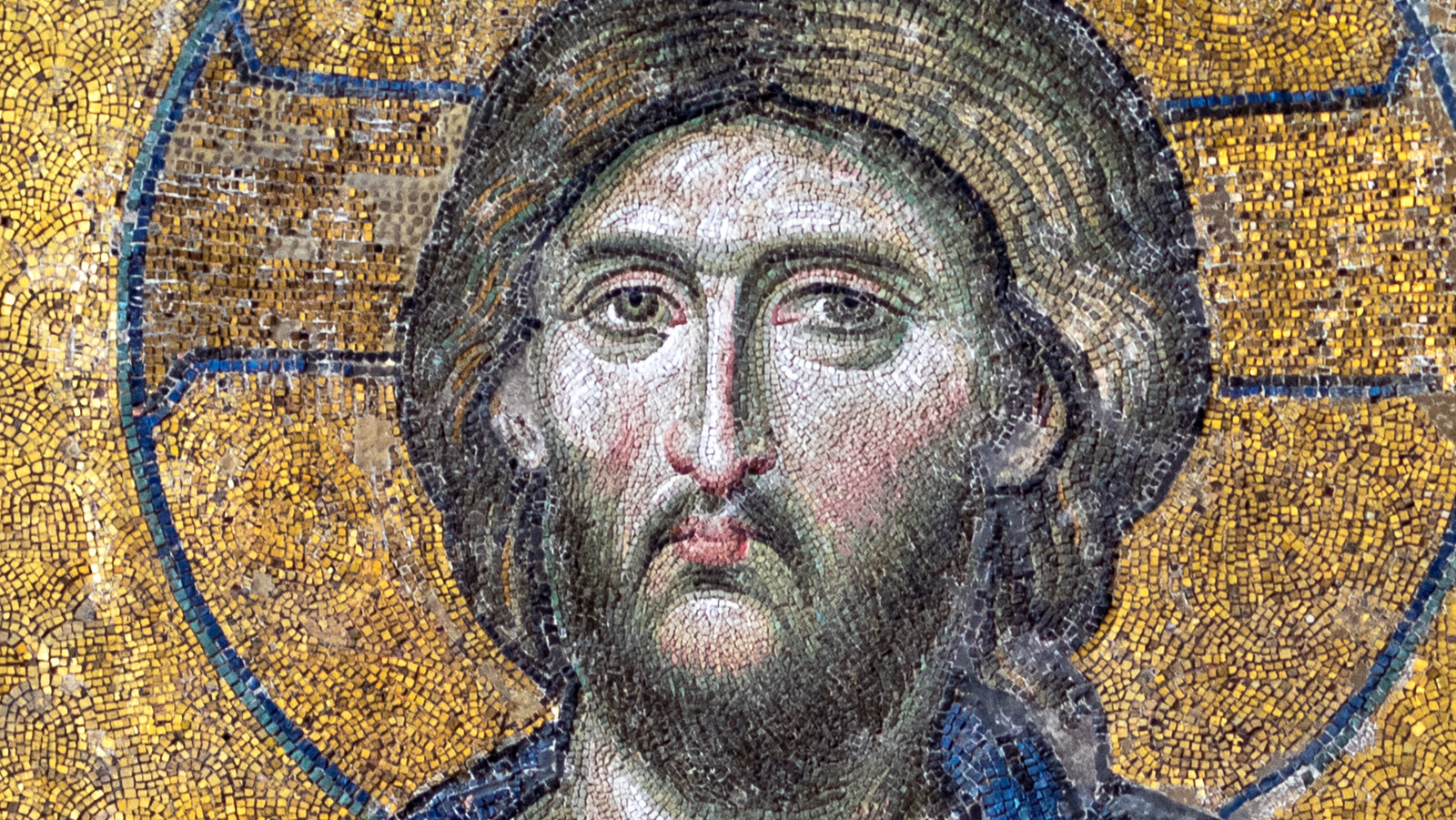Rome under Roche now insists that the theology did change when the Mass changed -- something everyone else has insisted as not the case. If it is the case, it raises the obvious question about which theology is the correct one -- the one of Rome for four hundred or more years prior to the Council or the one that has evolved after the Council. In fact, it is becoming an embarrassment that the Roman Pontiff now seems to imply that baptism does not matter much, that gay marriage is not such a big deal, that celibacy may be changed, and that traditionalists are the equivalent of liturgical Nazis. Go ahead, tell us what you really think, Frank.
The Anglicans have long been divided between those who think the Scriptures matter and those who cringe at what the Bible says. That has become a geographical divide as well as a theological one with African and Asian Anglicans refusing the join the fray abandoning anything and everything traditionally Christian. The coronation of Charles will test what it means for there to be a Church of England since he envisions himself less the supreme governor of the Church than an advocate for faith (which faith is not specified and all faiths are implied).
Lutheranism suffers its own great divide between those who think of Scripture and the 16th Century Confessions more as grand suggestions to be taken with a grain of salt and those who think that what they say matters. The gulf between the ELCA and the LCMS, for example, is less about the history and trajectory of those bodies than it is what truth is and what does it matter. The pages of their flagship publications give plain testimony to the differences between them and of the unlikelihood of there being any rapprochement of the two bodies.
Protestantism has different camps -- the progressive and liberal groups that care more what the latest survey says than what God says and the evangelicals who also care more about the people are thinking than what God is thinking -- though both groups poll with completely different questions. It is interesting that the big box evangelicals are giving up their more traditional positions on women, homosexuality, and a host of other hot button issues faster and faster as time goes along.
In the end, the church may become passe anyway. The spiritual but not religious crowd is gaining and right behind them are the nones. Those who actually pay attention to and proclaim what the Scriptures say, what creeds confess, and what confessions once state unequivocally are becoming an ever smaller slice of the pie once called Christian. A while back a Lutheran online forum could not even agree that Unitarians were not Christian -- despite the Unitarians refusing to call Christ God. When it gets to that point where Google answers your question and AI writes your sermons, we might as well admit that the glory days of the faith are long gone.
That said, we would be wrong to jump ship now. Christianity as the faith of the Church and the Church confessing Christianity are not quite over. God will certainly have something to say about it. If not now, then on judgment day, to be sure.

No comments:
Post a Comment